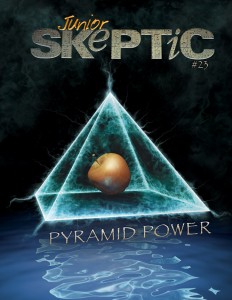This article was originally published at the defunct Insight blog at Skeptic.com on Nov 19, 2015. An archived version is available here.

Explore Bob Schadewald’s final project, a book on the topic of his most specialized area of skeptical expertise: Flat Earth theories.
I’m very pleased to learn that The Plane Truth, the unfinished final work of skeptical scholarship by the late Robert J. Schadewald (1943–2000), has now been prepared for publication and released online for free. You can read the book in its web version here, where you also find the EPUB ebook version available for download.
During his life, Bob Schadewald was the world’s leading skeptical expert on the history of flat-Earth advocacy. The pseudoscientific notion that the Earth is a flat disk may seem as quaint as it is preposterous, but so-called “Zetetic Astronomy” enjoyed a surprisingly strong period of public prominence in the UK and US during the 19th century—attracting attention from debunkers of the period such as Alfred Russel Wallace1 (see Skeptic Vol. 20, No. 3) and Richard Anthony Proctor, and prompting reflections from later thinkers including George Bernard Shaw and George Orwell. During the 20th century the relative sophistication of Zetetic Astronomy collapsed into muddled conspiracy theories, parody, and ultra-fundamentalist Biblical literalism; nevertheless, flat-Earth advocacy continues to this day. Read more
